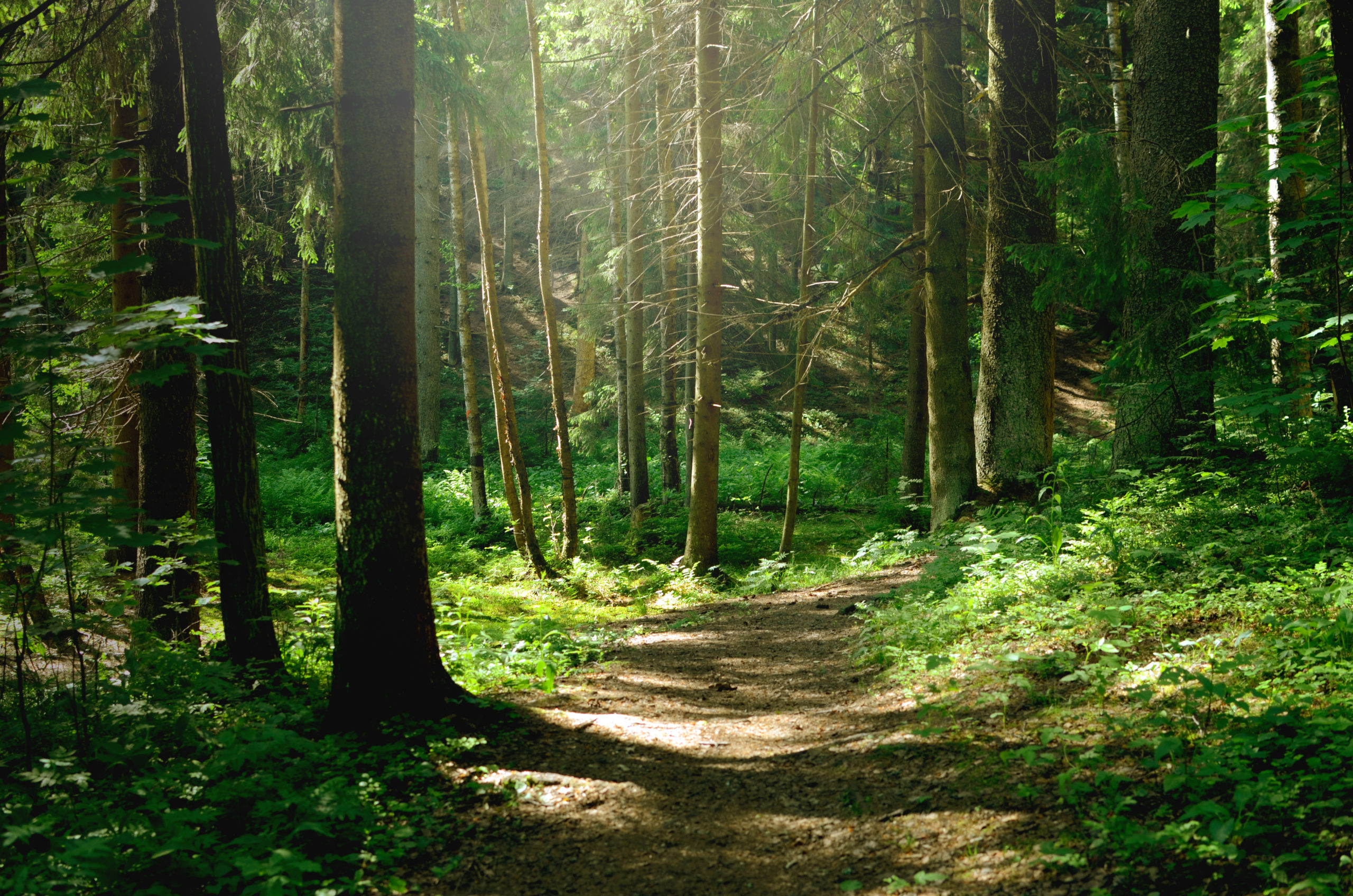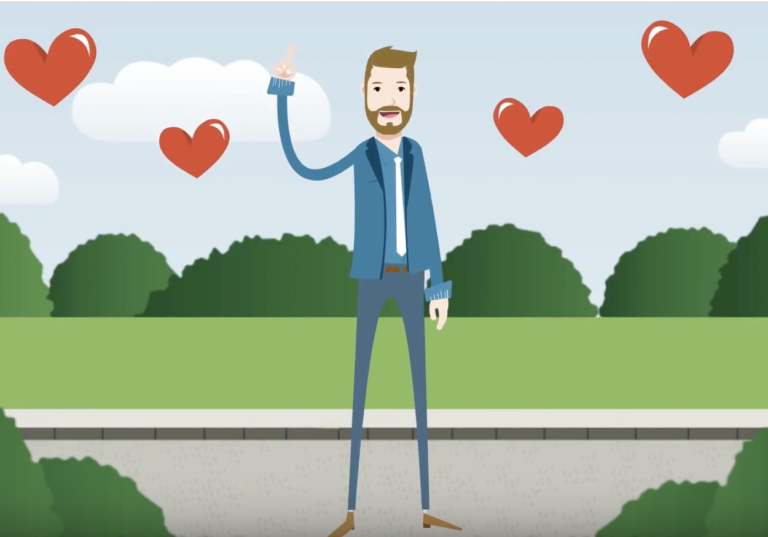Obviously, beating an addiction takes lots of hard work and a rigorous regimen. But, there is another approach that can make a major difference and requires little to no effort at all. As several notable sites are echoing, the concept of just “being” has proven quite effective; particularly when you pair it with a natural outdoor setting.
The Guardian website recently published an informative piece on how nature itself can provide healing elements for those in recovery. Highlighting stories from several former addicts, it called out the benefits they were able to glean from environments like parks, forests and gardens.
Noted ecological activist (and recovery advocate) Lucy Jones contributed to the piece, explaining how tranquil, outdoor settings helped steer her mind away from using. In her opinion, being in nature actually impacted her senses in a positive way.
“With the kind of urgent desire I had once had for mind-altering substances and music, I was now drawn to trees, birds, flowers and plants,” Jones explained when describing her daily park regimen. “I understood that time in nature softened the voices in my head and stabilized my mood, but I didn’t, at the beginning, understand what was happening to my body, brain and mind. I hadn’t realized that the essence of nature – the geometry, the scents, the sounds, the colors, the textures, the chemical makeup – could have such a life-changing power but, quite quickly, this became apparent.”
The Guardian piece also called out certain benefits that came along with physically interacting with the elements. Gardening, for example, has biological ties to better mental health. A species of bacteria found in soil (called M vaccae), has been shown to calm the brain and increase stress resilience.
Several scientists and biologists were also quoted in the piece, emphasizing that nature has been proven to keep stress levels down.
“When we walk in the woods, or by a lake, or spend time in a garden or park, evidence suggests that our parasympathetic nervous system is more likely to be activated,” neuroscientist Dr. Christopher Lowry told the site. “This is responsible for the ‘rest and digest’ processes at work inside your body, associated with feelings of contentment, sleep and safety. The sympathetic nervous system’s main function is to stimulate the body’s reaction to stress, and ignore any non-essential business, such as immune function. Ideally, we want a balanced nervous system.”






